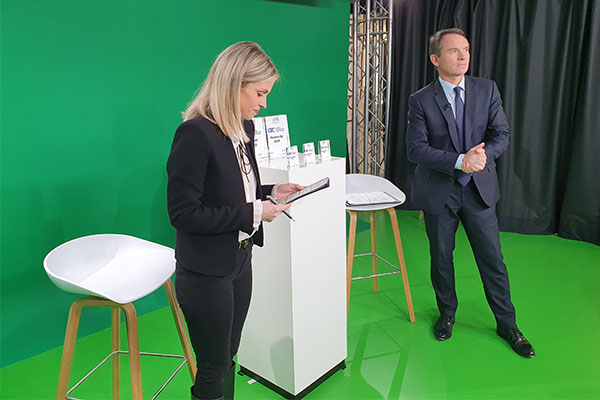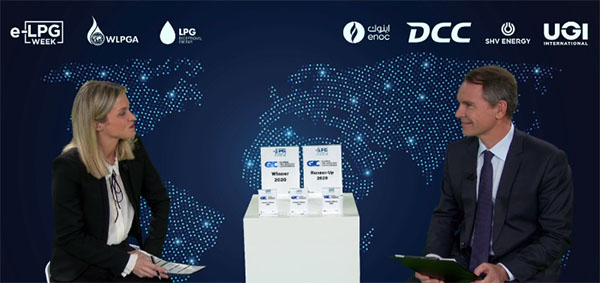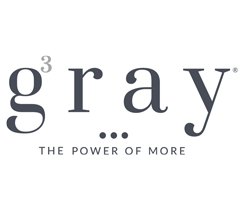E-LPG Week unites global industry online
After postponing the World LPG Forum due to the novel coronavirus pandemic, the World LPG Association (WLPGA) transformed LPG Week – with the World LPG Forum at its core – into e-LPG Week.


Journalist and master of ceremonies Julia Sieger and WLPGA CEO and Managing Director James Rockall present the Global Technology Awards during e-LPG Week. Photos courtesy of World LPG Association
The digital event, held Nov. 2-6, drew more than 1,500 participants and received 15,000 views. The marketplace – which allowed companies to display their latest innovations in services, technology and equipment – attracted 3,500 visits.
Global industry leaders shared content through live and recorded sessions, and attendees engaged through polls, Q&A sessions and chat boards. Networking opportunities powered by artificial intelligence allowed participants to initiate more than 5,000 points of contact.
Topics of discussion during the program included propane advocacy in a post-COVID-19 world, opportunities to replace higher-carbon alternatives, innovative applications for propane, and ways to build more diverse and efficient businesses.
“Advocacy in our industry is not a sprint; it’s not going to happen overnight,” says James Rockall, CEO and managing director of the WLPGA, in a video recap of the event. “It’s not even a marathon, but it’s probably a triathlon that we all need to work together to achieve.”
He also emphasized the need to keep people at the center of the industry’s efforts and to encourage collaboration both within and outside of the sector.
Three virtual sessions comprised this year’s Autogas Day. Discussion points included emerging global autogas markets, innovation in applications and technology, and policies to promote propane autogas during the transition to carbon neutrality.
During part three of Autogas Day, Stuart Weidie, CEO of Blossman Gas, argued that the electrification of the transportation sector is not realistic, and improvements to direct injection engines, including LPG engines, will continue to help meet climate goals and reduce emissions.
He also emphasized that renewable propane makes an important contribution to those goals, but it should be considered a supplement, not a replacement, for traditional propane. As an example, he cited measures in California to blend renewable propane with propane derived from fossil fuels to create a fuel with a lower carbon intensity than electric vehicles.
The National Propane Gas Association and Propane Education & Research Council hosted an event to explain the opportunities and challenges propane marketers face in the U.S. and how the world LPG market impacts the U.S. industry.
Rusty Braziel of RBN Energy and Rob Donaldson of Targa Resources addressed the significant increase in U.S. exports of propane over the past decade, as well as various supply and demand scenarios in U.S. and global LPG markets amid the coronavirus pandemic.
“Nobody really knows what we can expect from COVID in the coming months or how energy markets are going to respond to it,” said Braziel. “All you can do is stay flexible, roll with the punches and exploit every advantage that you have in the market, and frankly, that’s not much different than it’s ever been in the LPG business.”
Joy Alafia, president and CEO of the Western Propane Gas Association, explained how climate change, of particular concern among millennials and Gen Zers of both U.S. political parties, has emerged as a market driver for propane in the U.S.
Registered attendees of e-LPG Week can access the platform through Jan. 31, 2021, to revisit content and continue networking. Those who want to sign up for access to the content now can do so at lpgweek.com.
WLPGA plans to hold the next LPG Week in person in Dubai from Dec. 5-9, 2021, incorporating the 33rd World LPG Forum. For more information, contact Esther Assous.
















